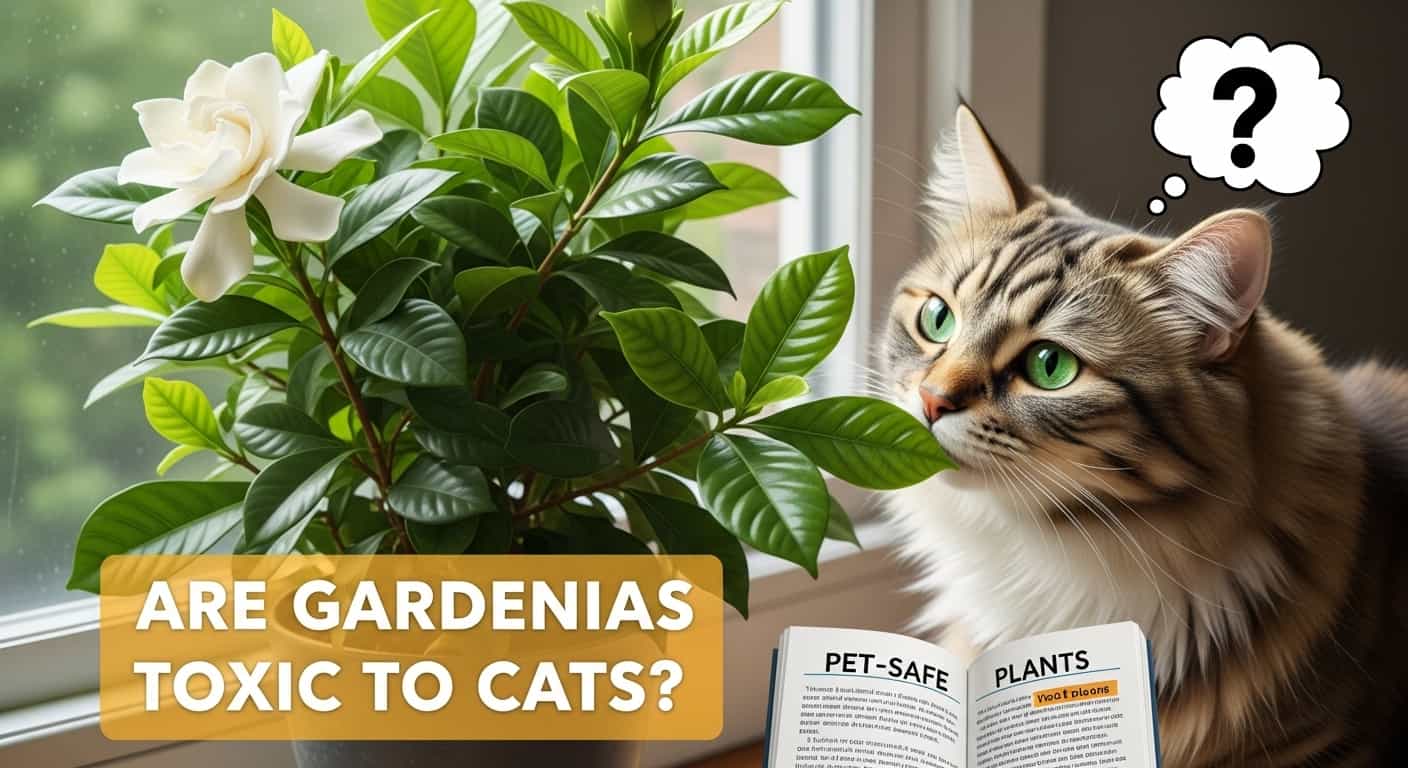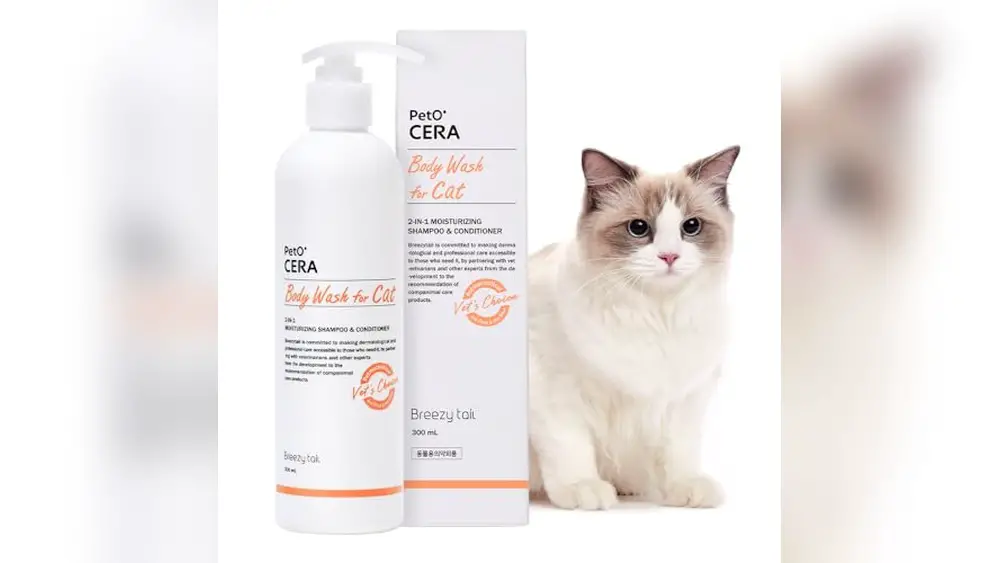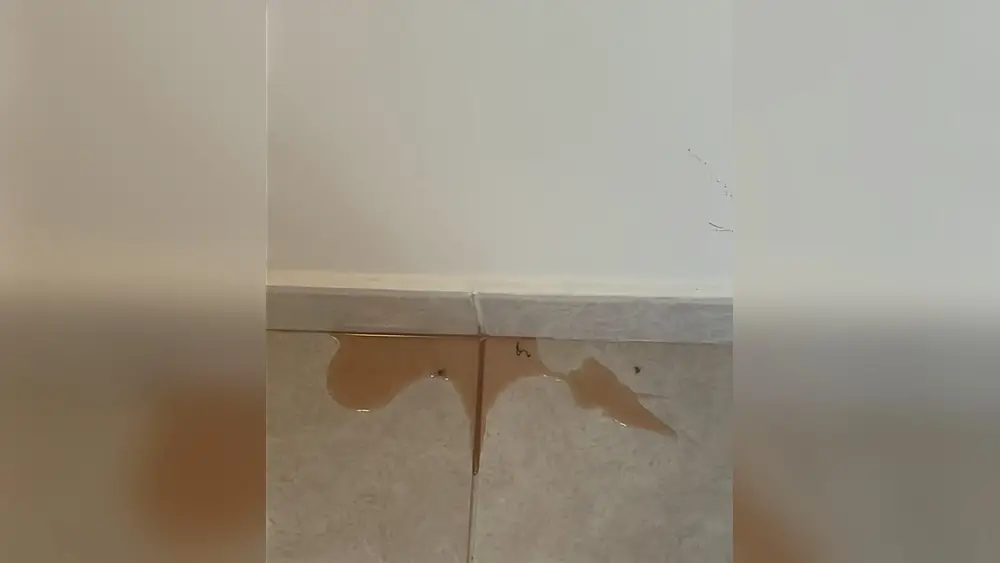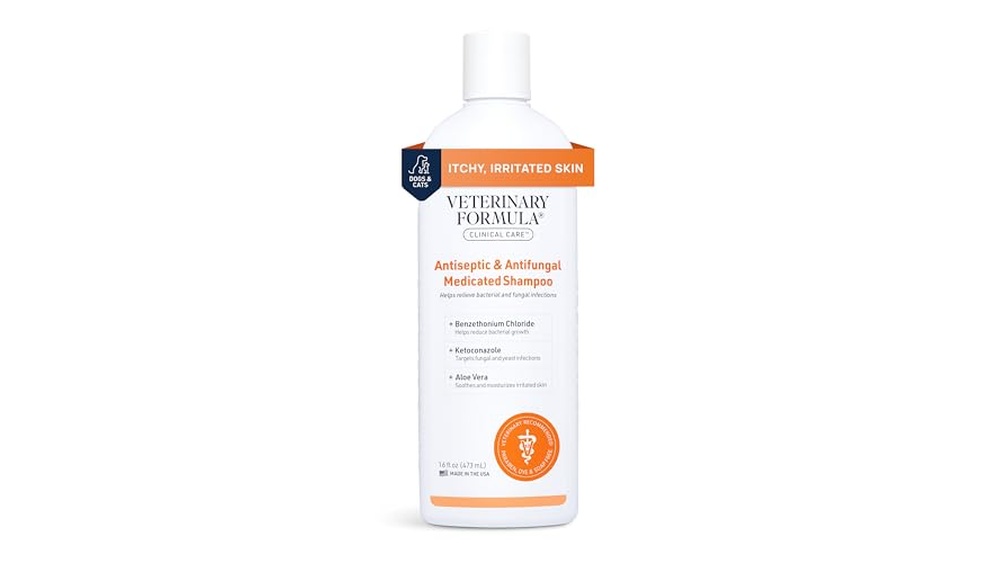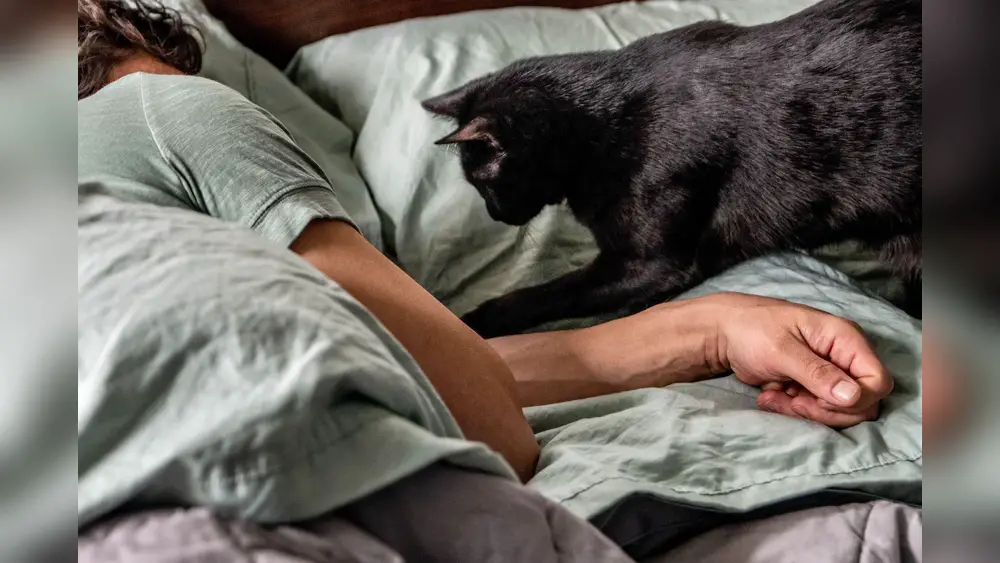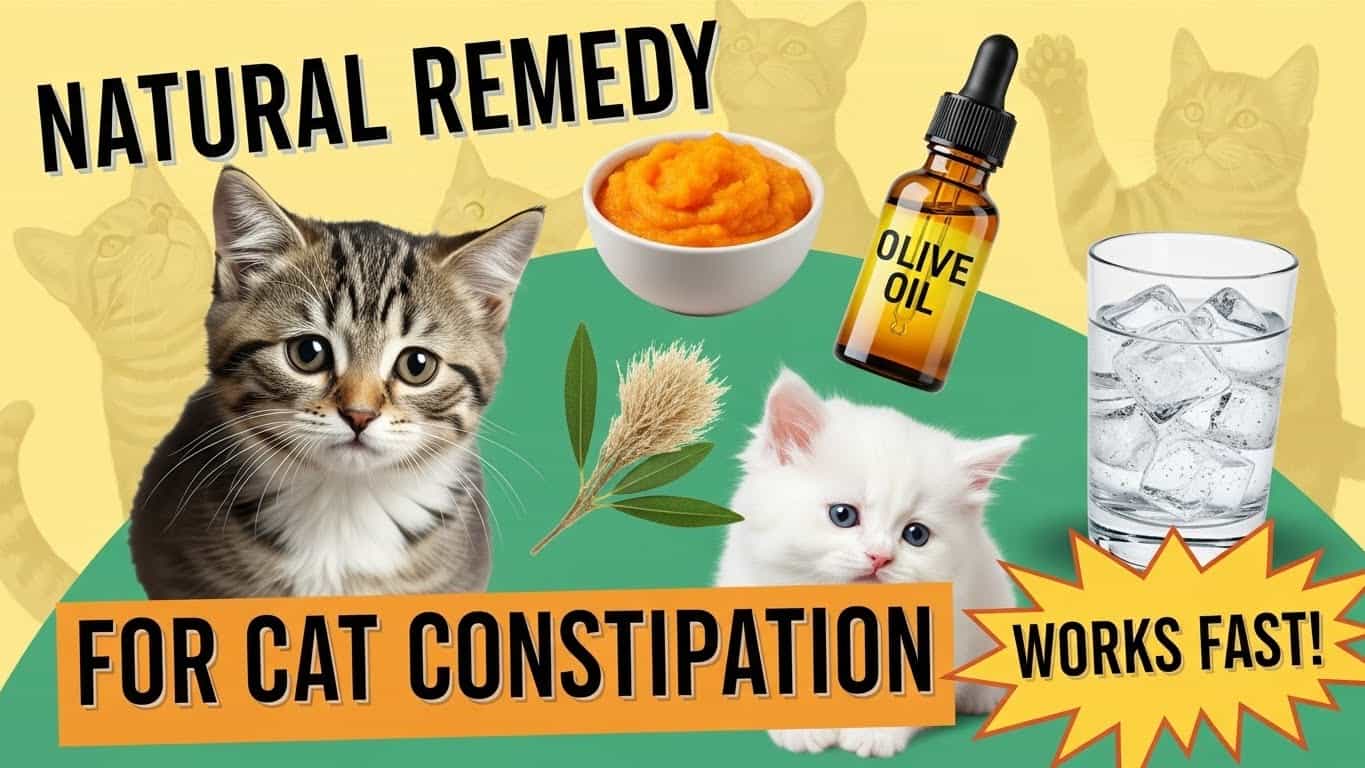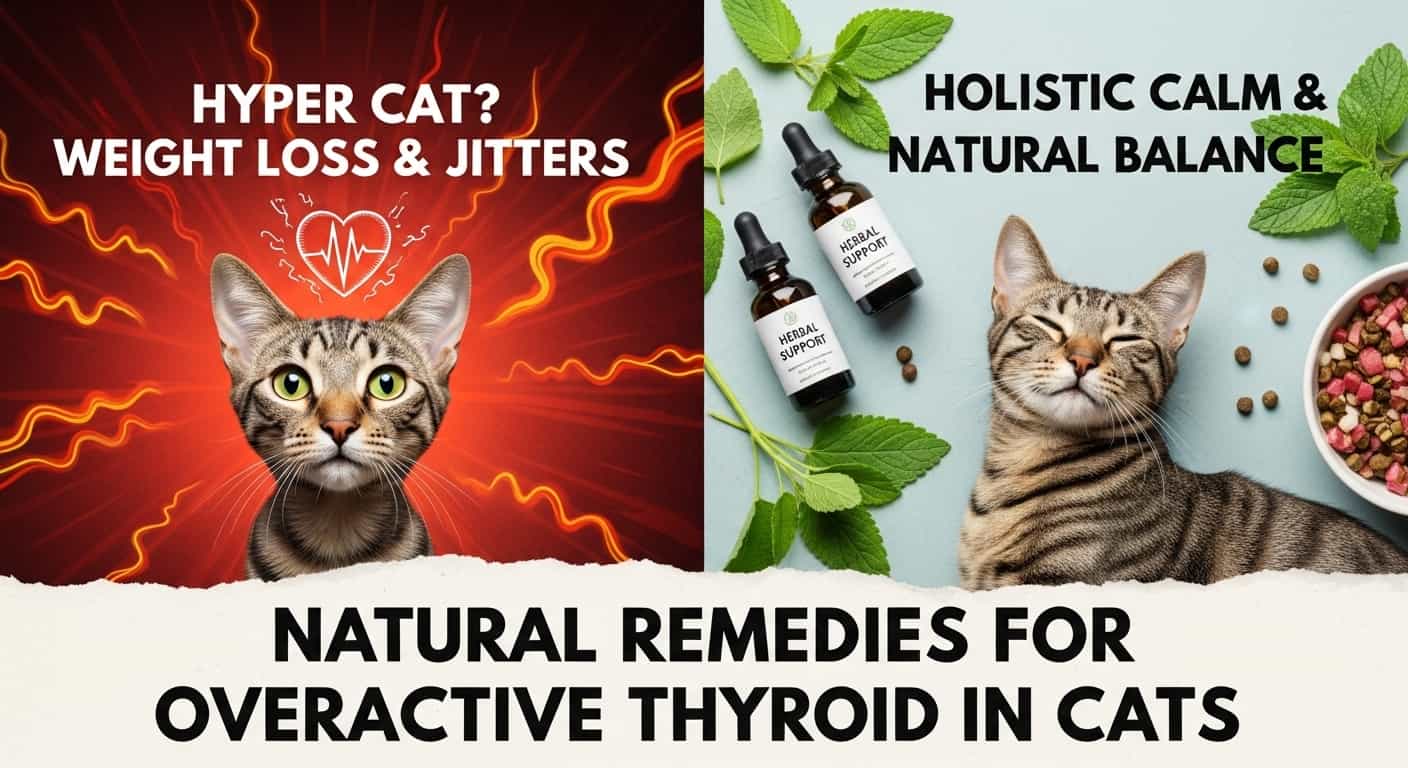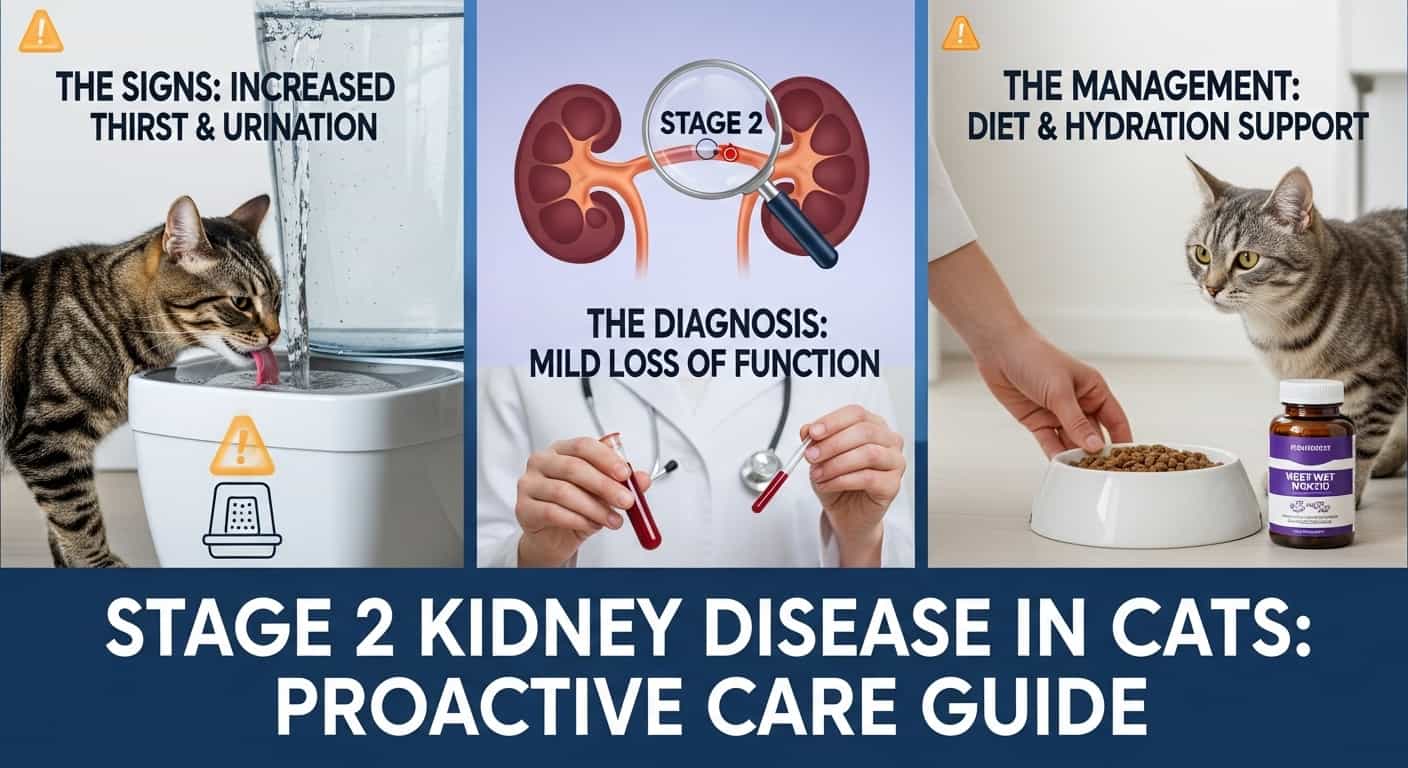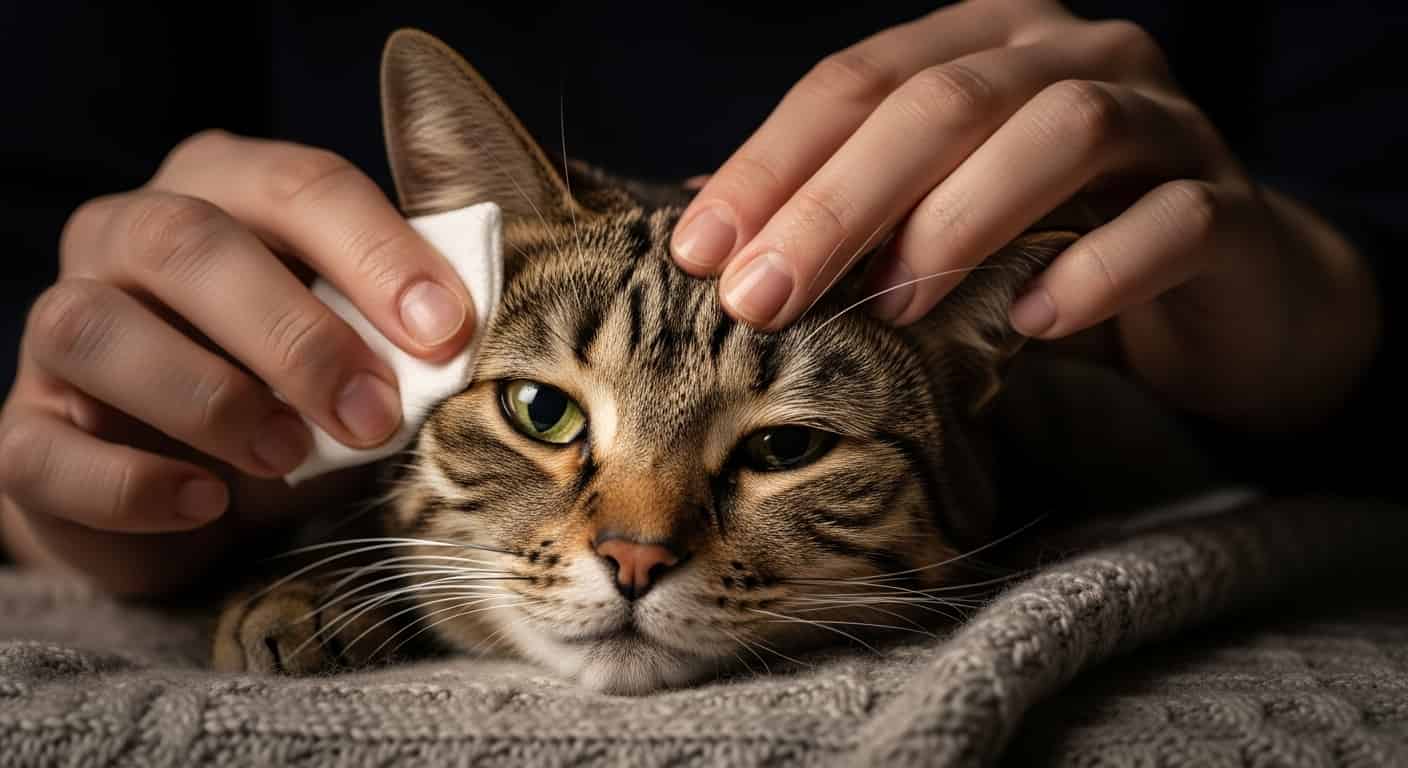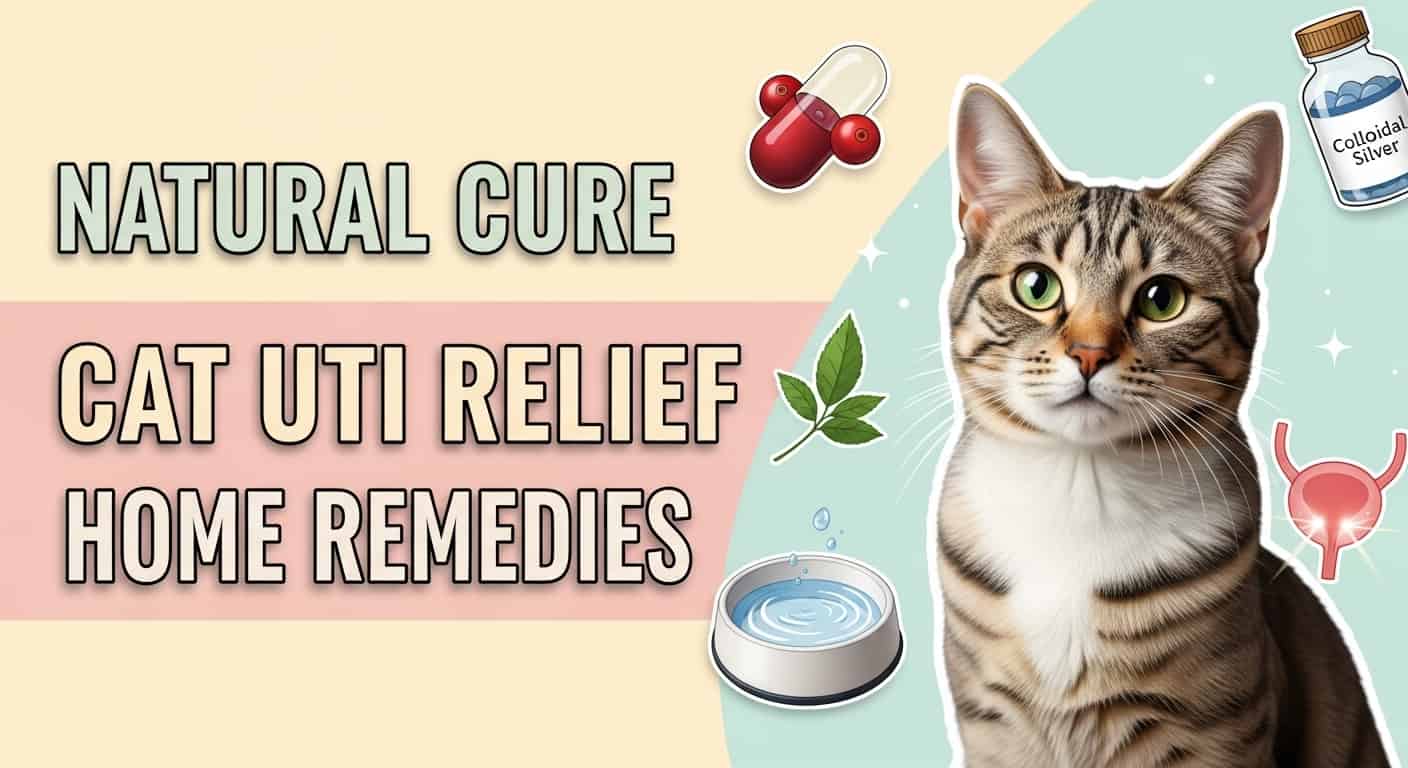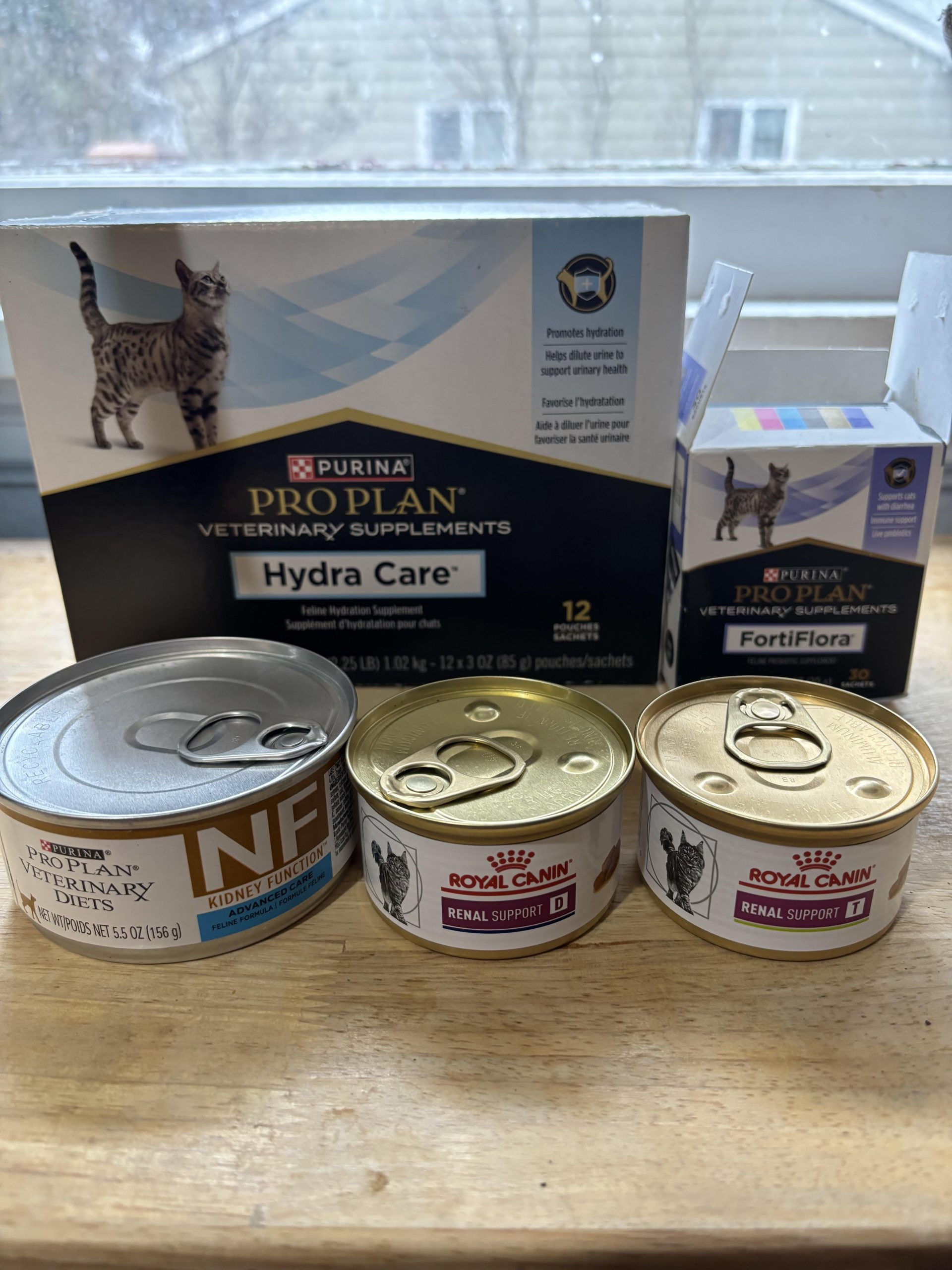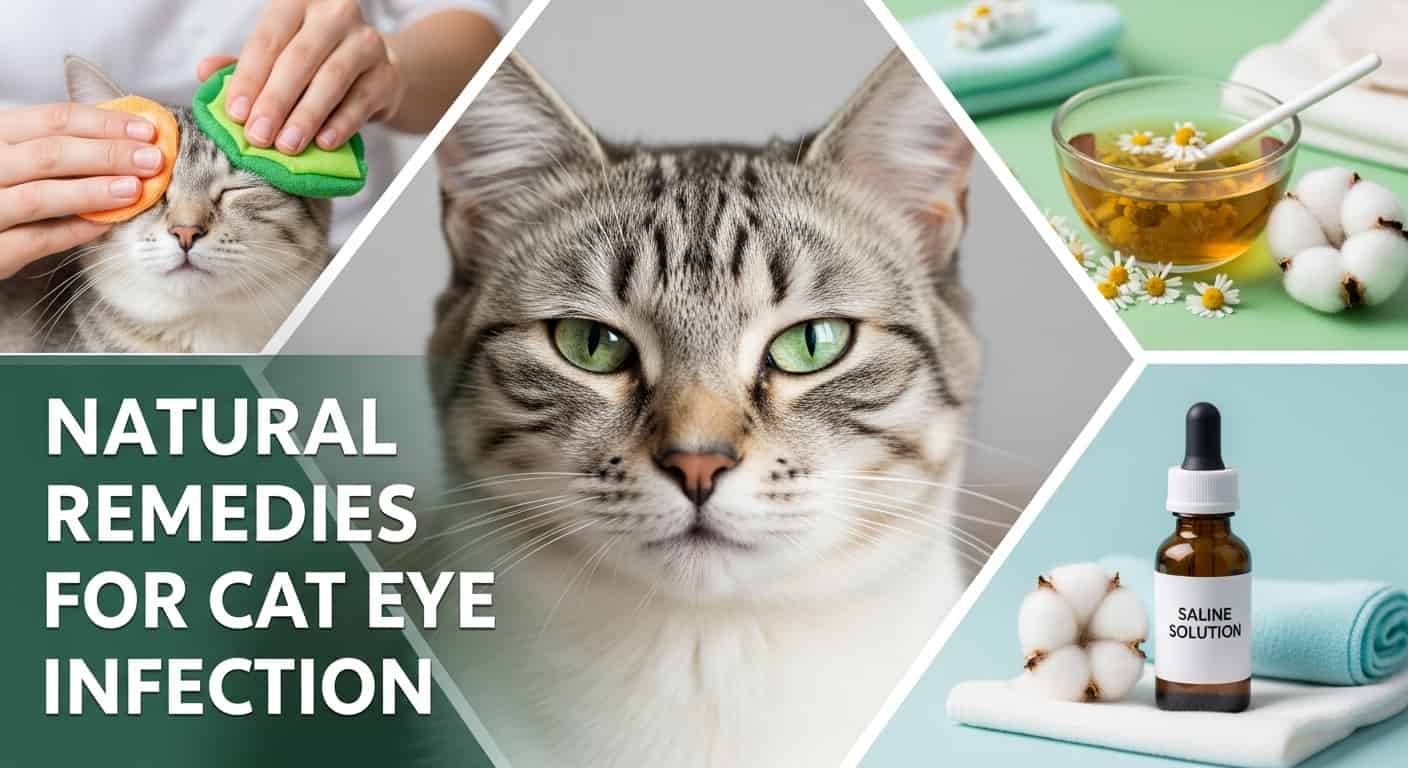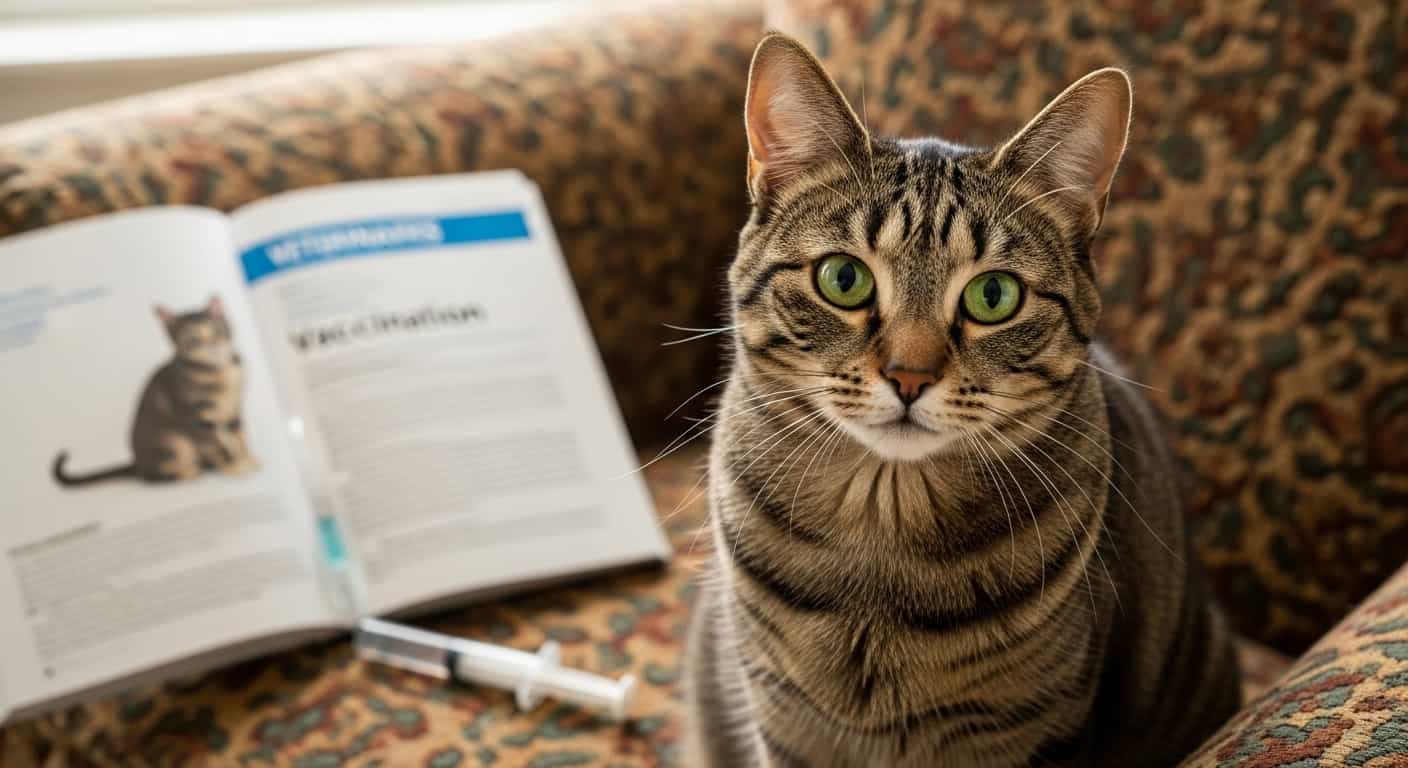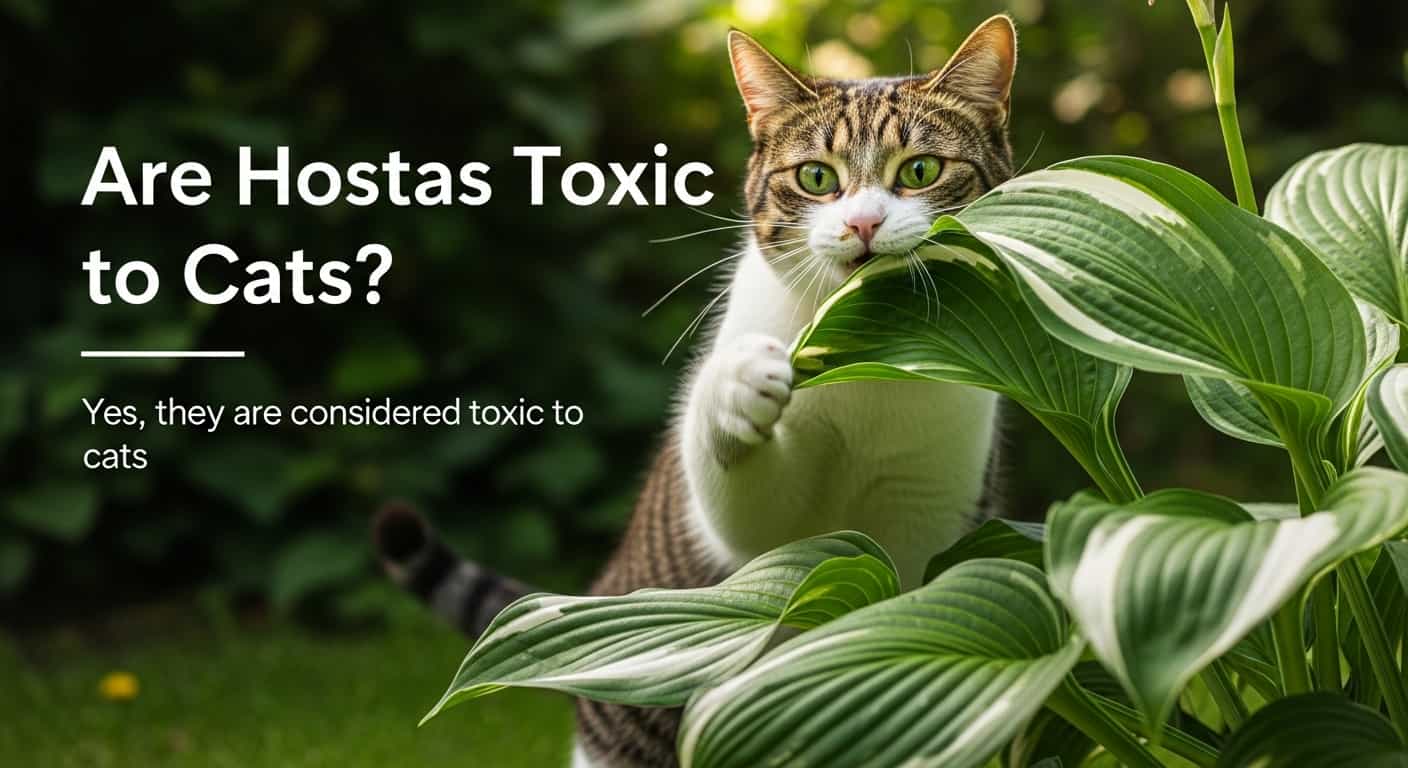Imagine you’ve just added a beautiful gardenia plant to your home. Its blooms are stunning and its scent is captivating.
Table of Contents
ToggleBut as a cat owner, you might wonder if this delightful addition is safe for your furry friend. You want the best for your pet, but you also love having plants around. This is where the dilemma begins: Are gardenias toxic to cats?
With your cat’s health at stake, understanding the risks is crucial. You’ll uncover surprising truths that could save you from heartache and protect your beloved companion. Keep reading to discover essential tips for cat-proofing your green oasis while ensuring your pet’s safety.
Gardenias And Cat Safety
Gardenias are beautiful flowers. Their fragrance is enchanting. Yet, for cat owners, there’s a catch. Are gardenias safe for cats? Understanding gardenias and cat safety is crucial. Let’s dive into the details.
Are Gardenias Toxic To Cats?
Gardenias contain harmful substances. These can be toxic to cats. Ingesting any part of the plant can cause issues. Symptoms may include vomiting and diarrhea. Sometimes, cats may drool excessively. It’s important to be aware.
Recognizing Symptoms Of Gardenia Poisoning
Look for specific signs. Vomiting is common. Diarrhea often follows. Cats may seem lethargic. They might refuse food. Pay attention to excessive drooling. Quick action is essential.
Immediate Steps If Your Cat Ingests Gardenias
Act quickly. First, remove any plant pieces from the mouth. Check for signs of distress. Contact your vet immediately. Do not wait. Early intervention is key. Follow the vet’s advice closely.
Creating A Safe Garden Environment For Cats
Ensure your garden is cat-friendly. Avoid planting gardenias. Choose non-toxic plants instead. Consider cat-safe herbs and flowers. Supervise cats in the garden. Create a safe outdoor space.
Consulting Your Veterinarian
Regular vet visits are vital. Discuss potential plant hazards. Learn about safe plants for cats. Your vet is a valuable resource. Keep them informed about your garden choices. Stay proactive for your cat’s safety.
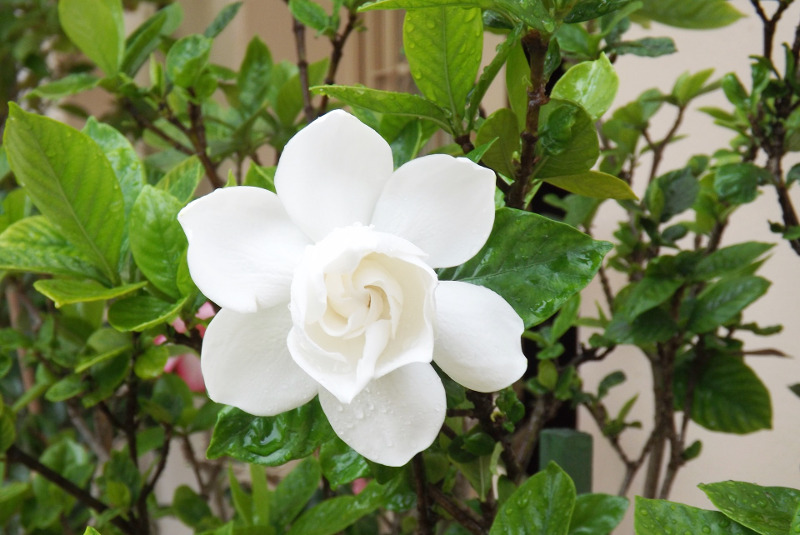
Credit: plantaddicts.com
Here's a related post that you might find useful. Are Hostas Toxic to Cats: Essential Safety Guide
Common Symptoms Of Toxicity
Gardenias can be harmful to cats, causing symptoms like vomiting, diarrhea, and loss of appetite. Watch for signs of lethargy or depression in your pet. Immediate veterinary care may be necessary if symptoms appear.
Are you worried about your cat’s safety around gardenias? These beautiful flowers might brighten your garden, but they can pose a risk to your feline friend. Understanding the common symptoms of toxicity is crucial. Cats exposed to gardenias might show various signs, affecting their digestion, behavior, and physical health. Monitoring these symptoms can help you act quickly and keep your pet safe.Digestive Issues
If a cat ingests gardenias, digestive problems might occur. Vomiting can be frequent and distressing. Diarrhea is another common symptom. Your cat might refuse to eat, leading to weight loss. Changes in appetite often signal trouble. Keep an eye on your cat’s eating habits.Behavioral Changes
Toxicity might alter a cat’s behavior. Lethargy is typical; cats might seem unusually tired. Increased agitation or restlessness can occur. If your cat appears confused, it might be a sign of toxicity. Watch for changes in mood or activity levels. Unusual behaviors often indicate a problem.Physical Signs
Gardenias can affect a cat’s physical state. Excessive drooling is a noticeable symptom. Cats might have difficulty breathing. Weakness and unsteadiness can be evident. Skin irritation or rashes might appear. Pay attention to any physical abnormalities. Early detection is key to ensuring your cat’s health.Immediate Actions
Gardenias can be toxic to cats. Immediate action is needed if your cat ingests any part of the plant. Contact a veterinarian promptly to ensure your pet’s safety.
Immediate actions are crucial if your cat ingests gardenias. Gardenias can be toxic to cats, causing symptoms like vomiting and diarrhea. Quick response minimizes health risks and ensures your cat’s safety.Contacting A Veterinarian
Reach out to a veterinarian immediately. Describe the situation clearly. Mention the amount ingested and any symptoms observed. The vet may advise bringing your cat in for examination. Professional guidance is essential for your pet’s health. A vet can provide the necessary treatment. They may use medications to alleviate symptoms. Early intervention often leads to better outcomes.Here's a related post that you might find useful. Are Morning Glories Toxic to Cats: Essential Safety Tips
Home Remedies
While awaiting professional help, try some home remedies. Offer your cat plenty of water. Hydration helps flush out toxins. Do not induce vomiting unless instructed by a vet. It can sometimes worsen the situation. Monitor your cat closely for changes in behavior. Keep them comfortable and calm. Remove any remaining gardenias to prevent further ingestion. Keep your cat in a quiet space to reduce stress.Preventive Measures
Gardenias contain toxic substances that can harm cats if ingested. Keep these plants out of cats’ reach to prevent any health issues. If ingestion occurs, consult a veterinarian immediately for guidance.
Safe Plant Alternatives
Opting for cat-friendly plants is a smart choice. Consider growing bamboo, basil, or calendula instead of gardenias. These plants not only enhance your garden’s beauty but also pose no harm to your curious cats. Aloe vera, while beneficial for humans, is toxic to cats. Instead, try cat grass or lemon balm. Both offer greenery and safety. Cat grass even provides a tasty treat for your feline companions. Have you considered spider plants or parlor palms? These are stylish, safe, and require little maintenance. They add a touch of green to your home without endangering your pets.Creating A Cat-friendly Space
Designing a safe haven for your cats can keep them away from harmful plants. Dedicate a section of your garden or home specifically for them. Fill it with toys, scratching posts, and safe plants they can explore. Place cat-friendly plants in high-traffic areas where your cats love to roam. This encourages them to stay in safe zones rather than wandering into areas with toxic plants. Consider using barriers like decorative fences or planters to separate gardenias from your cat’s play area. It’s a simple step that ensures your pets enjoy their surroundings without any risk. Are your cats indoor dwellers? Ensure window sills, where they love to perch, are free from toxic plants. Instead, decorate with safe plants that will keep both your home and cats happy. By implementing these preventive measures, you can maintain a stunning garden and a safe environment for your cats. What steps will you take today to protect your furry friends?Long-term Health Implications
Gardenias are beautiful but can pose risks to cats. Their long-term health implications need attention. Cats are curious creatures and may nibble on gardenias. This might lead to health issues that persist over time. Understanding the chronic conditions associated with gardenia ingestion is crucial. Monitoring your cat’s health regularly can prevent severe outcomes. Here’s what you should know.
Chronic Conditions
Gardenias can cause chronic health issues in cats. Digestive problems might arise after ingestion. Repeated exposure may damage organs over time. Liver and kidney functions can be compromised. Some cats might develop respiratory issues. These conditions can affect their quality of life. Regular vet visits are essential.
Monitoring Your Cat’s Health
Keep a close eye on your cat’s behavior. Look for signs of discomfort or illness. Vomiting or diarrhea might indicate gardenia ingestion. Lethargy and loss of appetite are warning signs. Changes in breathing or coughing need attention. Regular check-ups help detect issues early. Always consult a vet if symptoms persist.
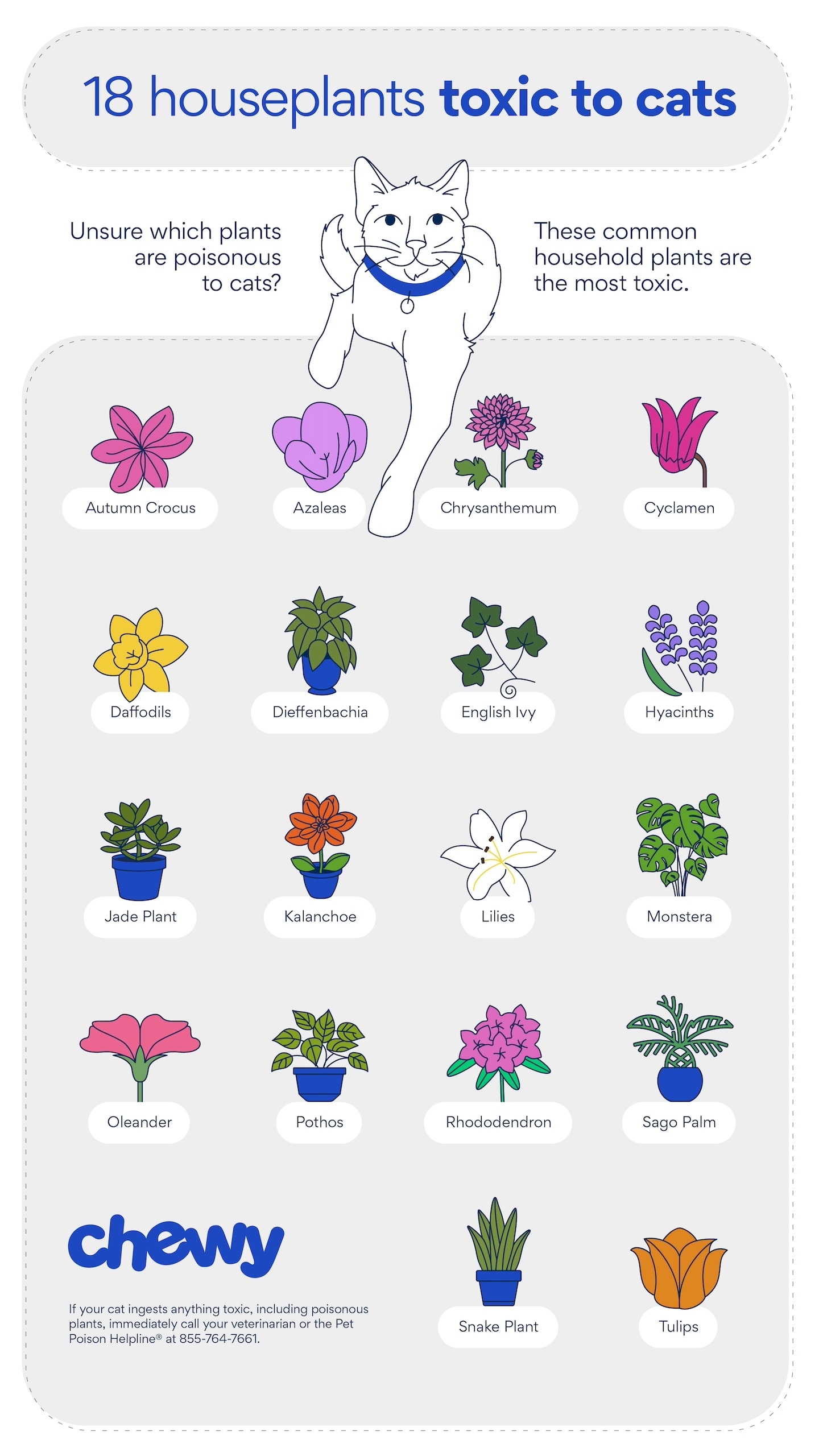
Credit: www.chewy.com
Resources For Pet Owners
Gardenias can be toxic to cats, causing distress for pet owners. Knowing where to find help is crucial. Reliable resources provide peace of mind when dealing with pet emergencies. This section covers essential resources for cat owners concerned about gardenia toxicity.
Emergency Hotlines
Emergency hotlines offer immediate assistance in times of crisis. The ASPCA Animal Poison Control Center is a trusted option. Call them for expert advice on gardenia poisoning. The Pet Poison Helpline is another reliable service. Both hotlines operate 24/7, ensuring help is always available.
Informative Websites
Several websites provide detailed information on gardenia toxicity. The ASPCA website lists toxic plants and symptoms. Their site is user-friendly and informative. The Pet Poison Helpline website offers articles and tips. These sites help pet owners make informed decisions. Bookmark them for easy access during emergencies.
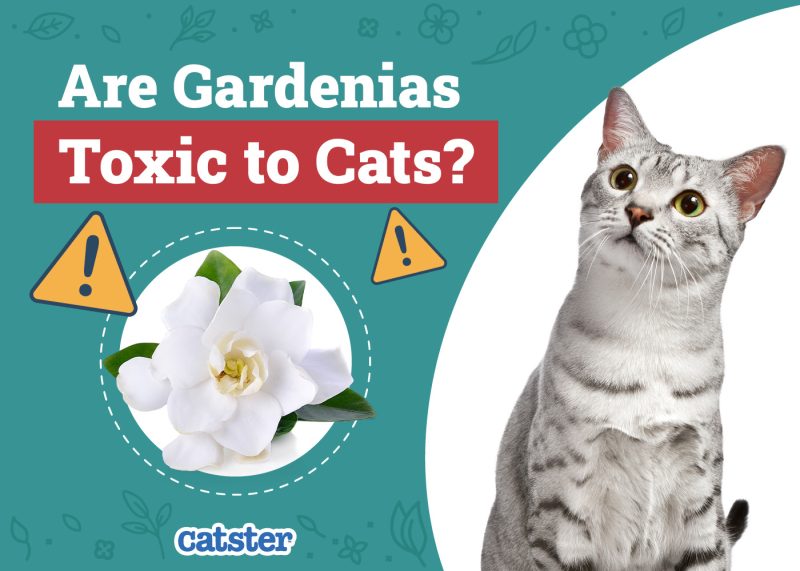
Credit: www.catster.com
Frequently Asked Questions
Are Gardenias Harmful To Cats?
Yes, gardenias are harmful to cats. They contain toxic compounds that can cause mild to severe symptoms. Ingesting gardenias may lead to vomiting, diarrhea, and skin irritation. If you suspect your cat has eaten gardenias, consult a veterinarian promptly.
What Symptoms Do Cats Show If Poisoned By Gardenias?
Cats poisoned by gardenias may exhibit vomiting, diarrhea, or drooling. Skin irritation and loss of appetite are also common symptoms. If your cat displays any of these signs, seek veterinary care immediately to ensure their health and safety.
How Much Gardenia Is Toxic To Cats?
Even a small amount of gardenia can be toxic to cats. The severity of symptoms depends on the amount ingested. It’s crucial to prevent any exposure by keeping gardenias out of reach. Always consult a vet if you suspect your cat has eaten gardenias.
How To Treat Gardenia Poisoning In Cats?
Immediate veterinary care is essential for treating gardenia poisoning in cats. The vet may induce vomiting or provide activated charcoal. Supportive care, such as fluid therapy, might be necessary. Early intervention increases the chances of a full recovery for your cat.
Conclusion
Gardenias can pose a risk to cats. These beautiful flowers may be toxic. Always keep them out of your cat’s reach. Symptoms like vomiting or diarrhea may occur. Visit a vet if your cat ingests gardenias. Safe plants are a better choice for cat owners.
Research before adding new plants to your home. Protecting your furry friend is essential. Ensuring a safe environment helps your cat stay healthy. Awareness and prevention are key. Always prioritize your pet’s safety and well-being. Stay informed and make wise choices for your beloved pet.

